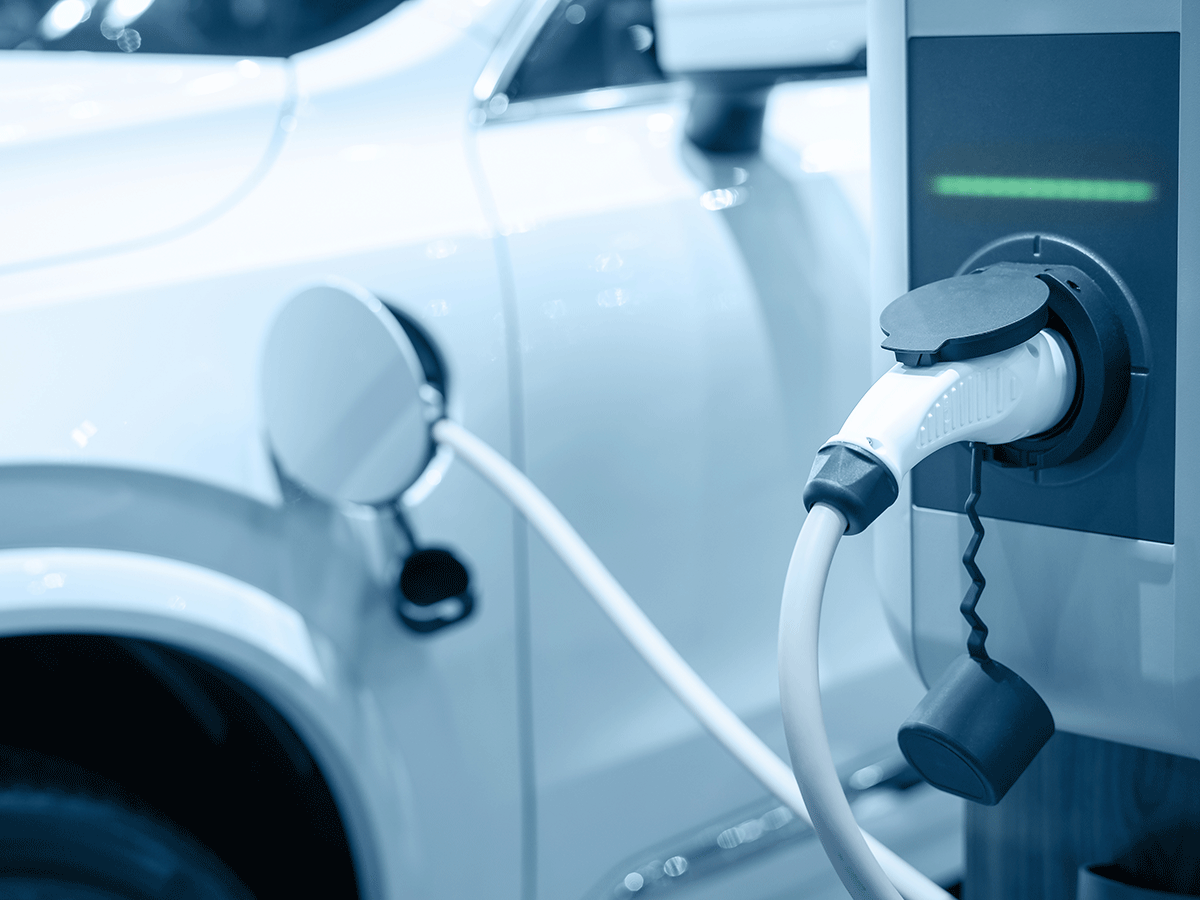
MUMBAI: Mumbai’s electric vehicle population has touched 20,000 and crossed the two-lakh mark in the state, latest transport statistics have shown.
Among all the states in the country, now Maharashtra boasts the highest number of electric two-wheeler registrations. It has also seen the maximum e-car registrations, transport sources said.
Mumbai continues to have the highest number of e-buses in 2023, and there are indications that three-wheelers may soon go electric as will the kaali-peeli taxis and this could encourage private buyers to go for e-vehicles as well, said transport experts.
Overall, Uttar Pradesh leads with maximum e-three wheeler registrations.
With the 2023 infrastructure push for EV charging stations, power utility firms have proposed sops in their tariff from April 1 to encourage more EV sales in the city.
Tata Power has planned for installation of at least 1,500 EV charging stations across the state, with up to 80% of them on major highways and expressways, a senior official said. This is apart from the state power utility firm MSEDCL expediting installation of 2,375 charging stations across the state.
A senior official from the transport commissioner’s office said, “We are witnessing a good growth in EVs in Mumbai and the rest of the state and the annual registrations have gone up 40 times in the past four years. The EV segment could witness at least 50% growth in registrations in 2023.”
Vivek Pai of Mumbai Mobility Forum said latest statistics showed more preference for e-two wheelers than e-cars due to the “convenience of charging a battery” and “range anxiety”.
“A two-wheeler battery can be taken out and charged and swapped as well. Also, two-wheelers run mostly within the city and with a good range, there is no need to charge en route,” he said, adding that with the rising e-vehicular population, there was need for more regulation for two-wheelers as there were incidents of e-scooters/battery catching fire in MMR lately.
Sharvari Patki, programme head, electric mobility, WRI India said, “Maharashtra has been a leading state where the chief fire officer and electrical inspector have taken the initiative to come out with SOPs which now make it easier for installation of more electrical charging points in housing societies/complexes.”
Environmentalists have welcomed the EV thrust.
Bhagwan Kesbhat, CEO of Waatavaran, said a few European countries were shifting from thermal power stations to generating clean energy from solar and other renewable sources. “In India, we are also committed to our renewable energy targets, but at the same time we should ensure that only clean energy is used to fuel our e-buses, e-scooters and e-cars,” he demanded.
Causis E-Mobility CEO Ravi Kumar Panga said, “In the next 4-5 years, 25% of the public intra-city mass transit will comprise battery-operated electric vehicles. The biggest support required will be the charging infrastructure and parking space and the engagement of third parties in supporting the EV ecosystem.”
The statistics showed in the past one year alone, the number of e-cars in the city had risen by 168% while e-two wheelers witnessed an unprecedented growth of 253%.
Also Read:
